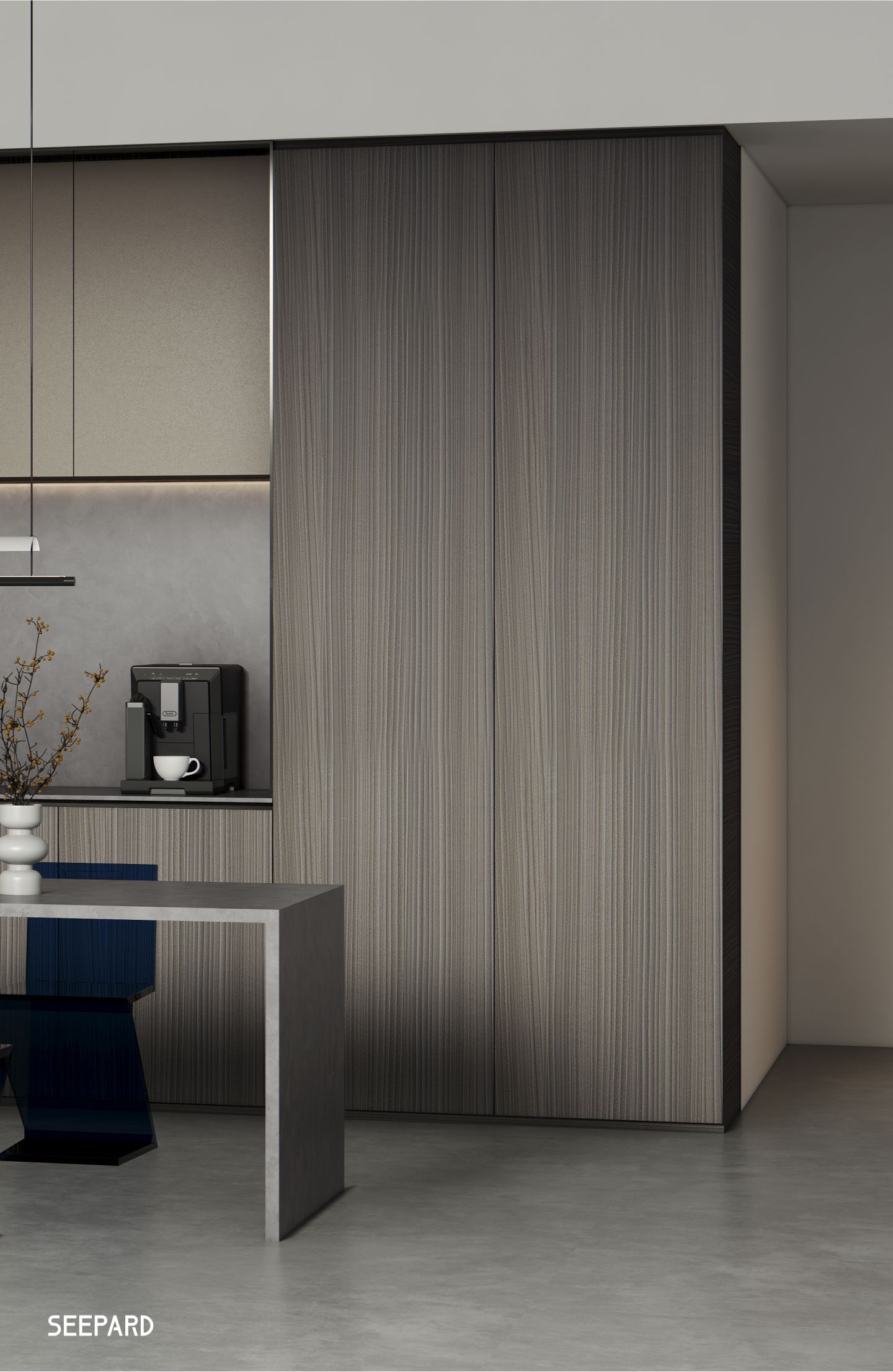- Home
- white contact paper for desk suppliers
Oct . 11, 2024 03:20 Back to list
white contact paper for desk suppliers
White Paper for Desk Suppliers An Overview
In the fast-evolving world of office furniture, the demand for quality desks has surged in recent years. As hybrid work models become more popular, businesses are re-evaluating their workspace needs, leading to a significant rise in the demand for adaptable and functional desk solutions. This white paper aims to provide insights for desk suppliers on how to meet the diverse requirements of modern office environments.
Understanding Market Trends
The current trend in the office furniture market highlights a shift towards multifunctional and ergonomic designs. Employees are increasingly seeking workspaces that offer flexibility, comfort, and a personalization aspect. This shift necessitates that desk suppliers stay informed about current trends, such as standing desks, collaborative workstations, and modular furniture systems. Suppliers must thus adapt their offerings to fulfill these evolving consumer preferences while also considering sustainability—a growing imperative in the industry.
Ergonomics and Health Considerations
One critical aspect that suppliers must address is the ergonomic design of desks. Studies show that poorly designed workspaces can lead to health issues, including chronic pain and decreased productivity. Consequently, suppliers should prioritize ergonomics in their product development. Desks that offer adjustable heights, sufficient surface space, and integrated cable management can enhance user experience and promote better posture, ultimately leading to higher employee satisfaction.
Sustainability Practices
white contact paper for desk suppliers

Sustainability is no longer just an option; it is a necessity. Today’s consumers are increasingly conscious of the environmental impact of their purchases. Desk suppliers can respond to this growing demand by sourcing materials responsibly, utilizing recyclable components, and adopting eco-friendly manufacturing processes. By marketing these sustainable practices, suppliers can not only appeal to environmentally conscious consumers but also strengthen their brand identity in a competitive market.
Technological Integration
As technology continues to reshape how we work, desk suppliers must incorporate modern technological features into their products. Desks with built-in charging ports, Bluetooth connectivity, and integrated lighting solutions can provide added value to customers. Moreover, suppliers should consider the integration of smart technology that promotes efficient workspace management, such as sensors that monitor desk usage or smart surfaces that adapt to user needs.
Customization and Aesthetics
Customization is another avenue for desk suppliers to explore. Modern workspaces are often reflective of company culture and identity; hence, offering desks that can be tailored to suit various brands, colors, and styles can attract a broader customer base. Providing options for personalization can enhance emotional connections to the workspace, contributing to employee morale and productivity.
Conclusion
The desk supply industry is at a pivotal moment, characterized by rapid change and evolving market demands. Suppliers must remain agile and proactive in addressing trends such as ergonomic design, sustainability, technological integration, and personalization. By staying ahead of these shifts, desk suppliers can position themselves as leaders in the industry, ultimately enhancing workplace experiences for employees and organizations alike. Embracing innovation and prioritizing customer needs will be crucial for success in this competitive landscape. The future of office furniture lies in creating not just desks, but holistic work environments that foster creativity, productivity, and well-being.
Latest news
-
High-Quality Bathroom Cabinet Contact Paper – Durable & Stylish Leading Suppliers, Exporters, Manufacturers
NewsJul.08,2025
-
Premium Wood Contact Paper for Desk – Reliable Suppliers & Exporters
NewsJul.08,2025
-
Premium Contact Paper for Table Top – Durable & Stylish Surface Solution from Leading Manufacturer
NewsJul.07,2025
-
Duplex Board with Grey Back - Reliable Supplier & Competitive Price Manufacturer & Exporter
NewsJul.07,2025
-
Premium White Contact Paper on Cabinets – Trusted Exporters & Suppliers
NewsJul.06,2025
-
High-Quality Duplex Board Packaging for Food Reliable Manufacturer & Supplier
NewsJul.06,2025

